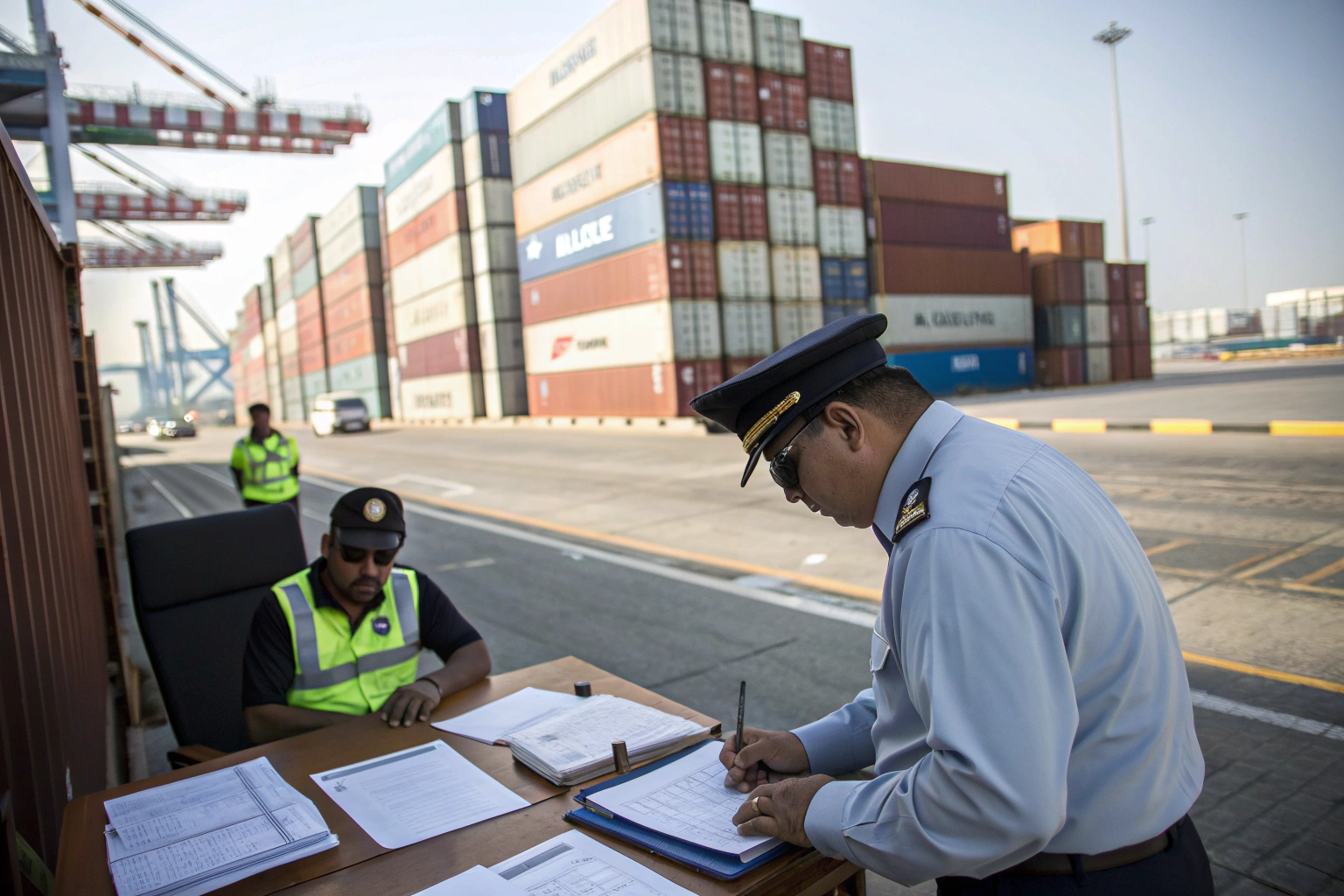When people ask me about the most frustrating part of shipping, I don’t even need to think twice—customs delays. Well, I’ve seen shipments that crossed the Pacific on time, even earlier than expected, but then got stuck at the port for days. Sometimes weeks. And honestly, it wasn’t the ship, it wasn’t the weather—it was paperwork. Actually, nine times out of ten, the cause is documents that aren’t quite right.
The best way to avoid customs delays is pretty simple on paper: prepare accurate paperwork, classify goods with the right HS codes, follow U.S. regulations, and, in my experience, work with a forwarder who knows what they’re doing.
From my observation, importers who double-check everything rarely face big issues. The ones who cut corners? They often end up paying more in time and money than they saved.
Why Does Accurate Paperwork Matter So Much?
Paperwork may sound boring, but it’s the first thing customs looks at.
If your invoice, packing list, or bill of lading doesn’t line up, customs will stop your shipment—no questions asked.
I had a client once who thought “just write goods” was good enough for an invoice. Well, customs thought otherwise. His cargo sat for five days until he submitted the corrected form. From my experience, being precise—“1,000 polyester jackets, HS Code 620193”—keeps things moving.
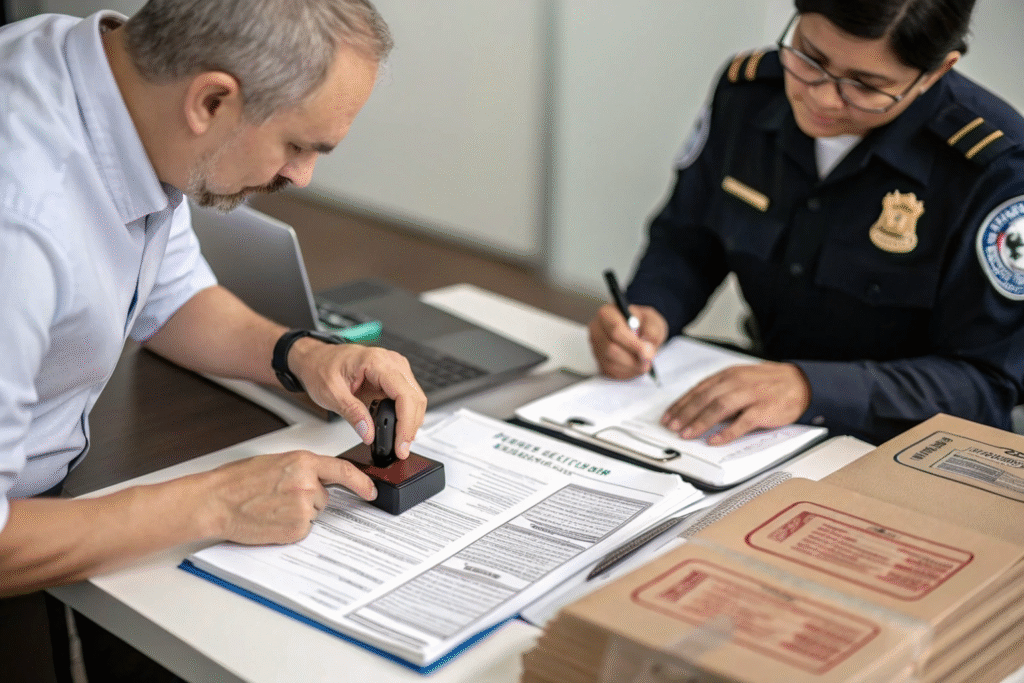
What Documents Do You Need?
- Commercial invoice
- Packing list
- Bill of lading or airway bill
- Customs entry forms (CBP 3461, 7501)
The CBP website lays it all out clearly.
What Happens If They’re Wrong?
Fines, extra inspections, and wasted time. Frustratingly, even a small typo in quantity or unit price can freeze an entire container.
How Do HS Codes Impact Customs Clearance?
HS codes look like boring numbers, but they’re actually the key to classification.
The right HS code means correct duties and faster clearance. The wrong one can trigger audits or higher tariffs.
In my experience, HS code errors cause delays more often than people think. A client once imported LED lights using the wrong code. Customs demanded extra documents, and his shipment was stuck for an extra week.
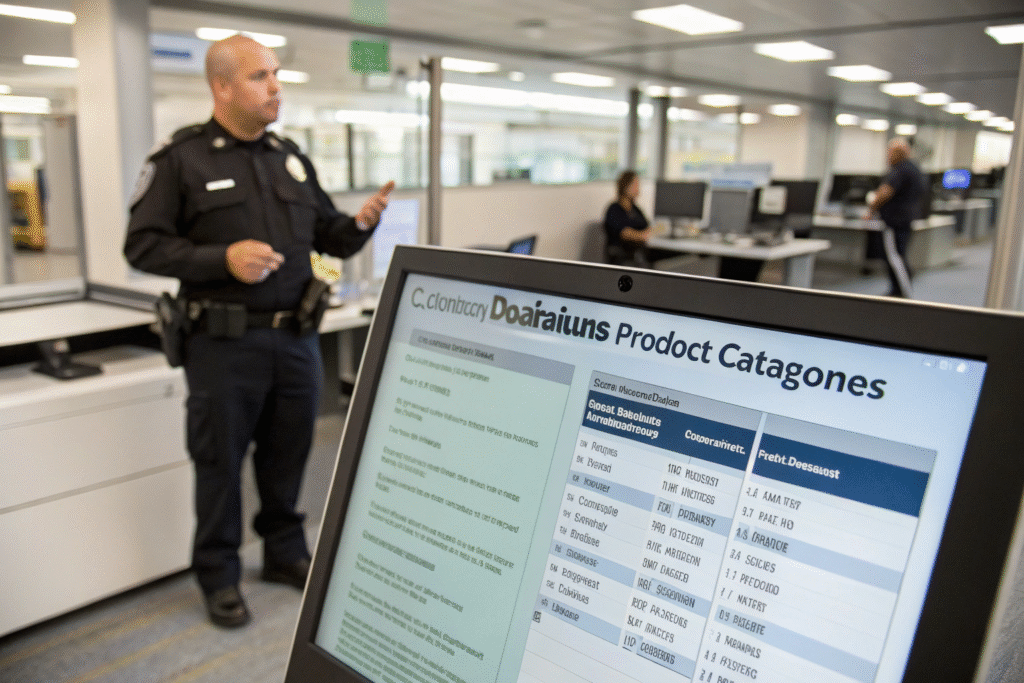
How Do You Find the Right Code?
Check the USITC Harmonized Tariff Schedule or, better yet, ask a customs broker.
What If You Guess?
Guessing is a gamble. Customs can reclassify goods, and I’ve seen cases where duties doubled because of it.
Why Is Compliance With U.S. Regulations Essential?
Customs clearance isn’t just about money—it’s also about safety and compliance.
Goods like food, cosmetics, electronics, and toys need approval from agencies such as FDA, FCC, or CPSC.
I had a client importing skin-care products. Everything seemed fine until customs asked for FDA approval. He didn’t have it. The goods sat in storage, and the fees piled up fast. Surprisingly, he paid more in storage than the shipment itself was worth.
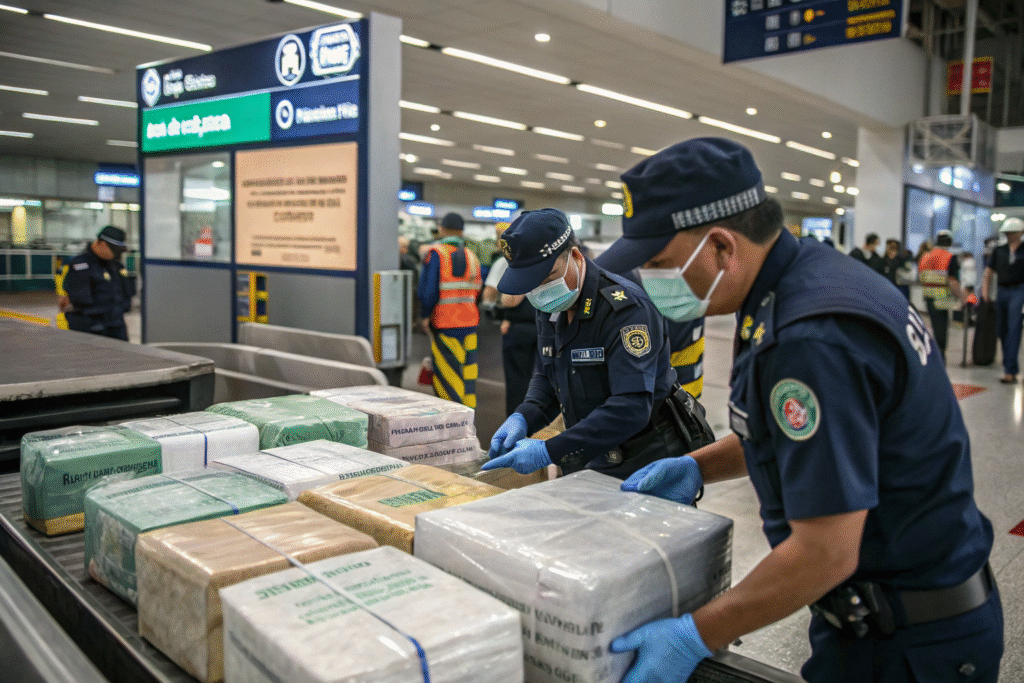
Which Products Need Certification?
What Happens Without Them?
Delays, rejections, or even destruction of the goods. That’s not just inconvenient—it’s painful.
How Can Freight Forwarders Help Avoid Delays?
From my observation, a good forwarder can save you from most headaches.
They handle paperwork, classify products, manage customs bonds, and talk to customs officers when issues arise.
I think the biggest advantage is peace of mind. One of my clients once told me, “I can’t deal with customs stress—I’d rather pay you to deal with it.” Honestly, he was right.
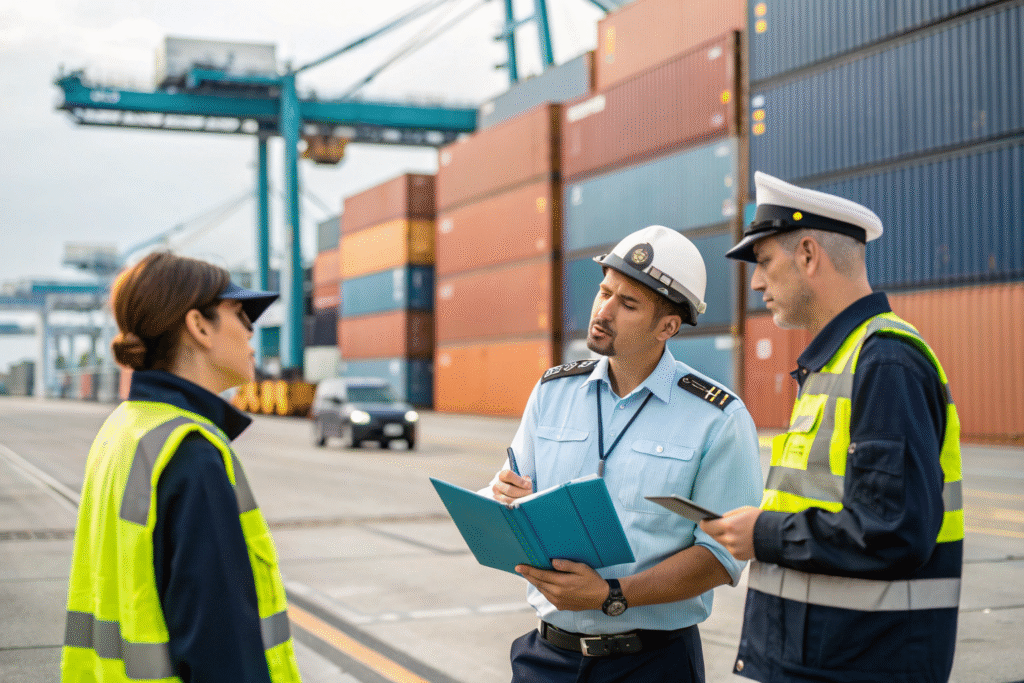
What Should You Expect From a Forwarder?
- Correct paperwork
- HS code guidance
- Customs bond arrangement
- Tracking and updates
Tools like Flexport or CargoWise help too, but at the end of the day, you still need someone who knows the ropes.
Can They Stop All Delays?
Not all. Random inspections happen, and no one can control that. But in my experience, when forwarders prepare properly, even random checks don’t drag on.
Conclusion
So, how do you avoid customs delays when shipping from China? Well, it boils down to preparation—documents that are accurate, HS codes that are correct, compliance that’s in place, and a forwarder you trust.
As someone who’s been doing this for years, I can say delays rarely come from the ships themselves. They come from paperwork, compliance, and, sometimes, lack of communication. Frustratingly, it’s often the small mistakes that cause the biggest headaches. But if you prepare well, the process can actually be smooth.
